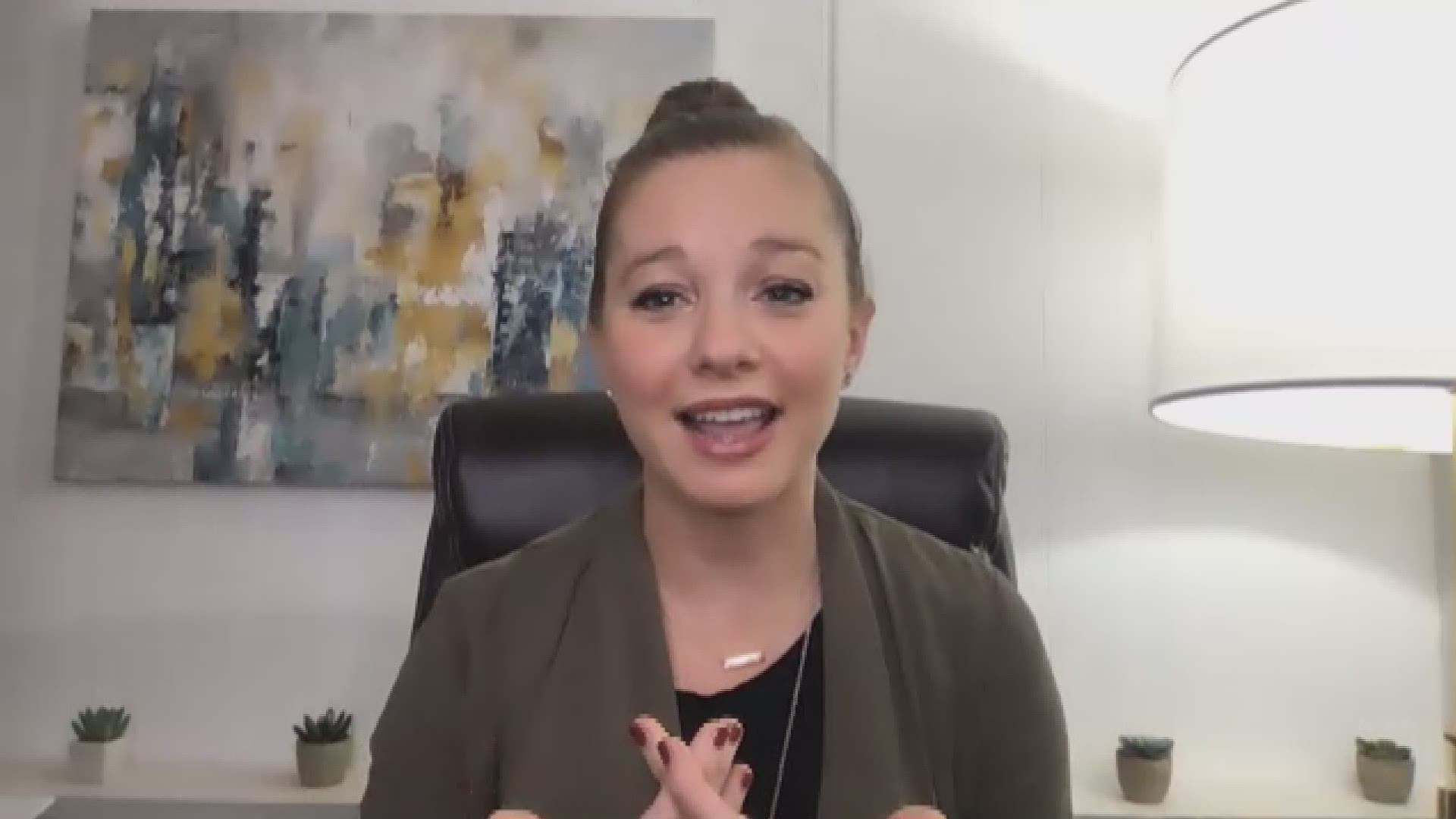PORTLAND, Maine — Compassion is something that's harder to come by these days; not only for others, but for ourselves. The thing is, exercising just a little bit of it can make a world of difference.
Dr. Colleen Cira, Psy.D. is a licensed clinical psychologist and the founder of the Cira Center for Behavioral Health. Dr. Cira shares four tips on having more compassion in a combative world.
1. Just listen.
Don't interrupt with advice, with silver linings, or with solutions. Just listen. Truly listen. Don't think about what you're going to say next of how they're doing it wrong, or what they could be doing differently. Just listen and take in what they're saying to you.
2. Ask questions.
When you’re actually listening, instead of just planning what you’re going to say next, you’ll figure out there’s a lot you don’t know, so ask a question about it! Get curious about their experience, how they interpreted something, how it made them feel, or what they need.
3. Do a mind-shift.
Don’t treat them how YOU would like to be treated, treat them how THEY would like to be treated. Treating others the way we want to be treated is a good start! I would imagine that comes with respect, kindness, and understanding. But make it a point to figure out what they need rather than what you assume they need—and then do that.
4. Don’t judge.
It’s easy to do. Our brains like to put things in easy-to-identify boxes, and we like to assume that there’s a right way or that we know better feels good to us. It’s clean, clear-cut, and you get to be the smart one; but it’s a trap! Because judging others makes them feel bad and ultimately doesn’t make you any smarter or better. In fact, it makes everyone feel LESS connected to each other. Ultimately, the crux of compassion is connection. So, instead of separating yourself from their pain by judging or blaming them, instead, connect with them. Connect with their pain. Think about a time in your life when you felt the same way. The situation doesn’t have to be the same—only the reaction/emotions need be common—and then, just like that, judging won’t make any sense at all. It’s then that compassion will come easy.
To learn more about the work done at the Cira Center, click here.

